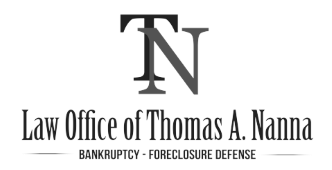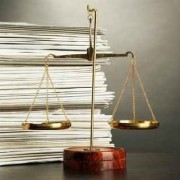Post-Bankruptcy Creditor Violations
Protecting Your Credit Report After Bankruptcy
Your Tampa Bay Bankruptcy Lawyers
At Law Office of Thomas A. Nanna, P.A., our lawyers are committed to seeing every case through to the very end. Typically, our cases end after bankruptcy is finalized and the debt is discharged. Sometimes, we are able to file a lawsuit against a debt collector that has violated the Fair Debt Collection Practices Act and get some extra money for the person we are representing. After that, our client is able to go off into a future that is free of debt.
Unfortunately, these cases don’t always end quite so conveniently. Sometimes, a post-bankruptcy creditor violation causes severe damage to a recovering credit report. When that happens, attorneys Thomas A. Nanna and Jessie B. Molnar are ready to take action.
How Do Post-Bankruptcy Creditor Violations Happen?
After you file bankruptcy, and your debt is discharged, creditors are required to report zero debt. Eventually, your credit report recovers from the damage caused prior to bankruptcy.
Sometimes, however, a creditor will report that you still owe money, even after you have had the debt discharged through bankruptcy. This can seriously hurt the recovery of your credit report. This is also a clear violation of the Fair Credit Reporting Act (FCRA).
How Are These Violations Dealt With?
Our attorneys put a lot of time and energy into helping people get rid of debt and get their finances moving in the right direction. At our law firm, we will certainly not sit back and let creditors undo all of the work we’ve done.
We will take action against creditors, filing lawsuits if necessary to fix the mistakes that have been made. When we help you file bankruptcy, you can be confident that we will stand beside you to make certain that everything goes according to plan.
Contact Law Office of Thomas A. Nanna, P.A. Today
Located at the heart of the Tampa Bay, our lawyers are ready to discuss seeking compensation for creditor harassment and debt collector abuse. Contact us today to learn more about what we can do to help you overcome your legal troubles.













